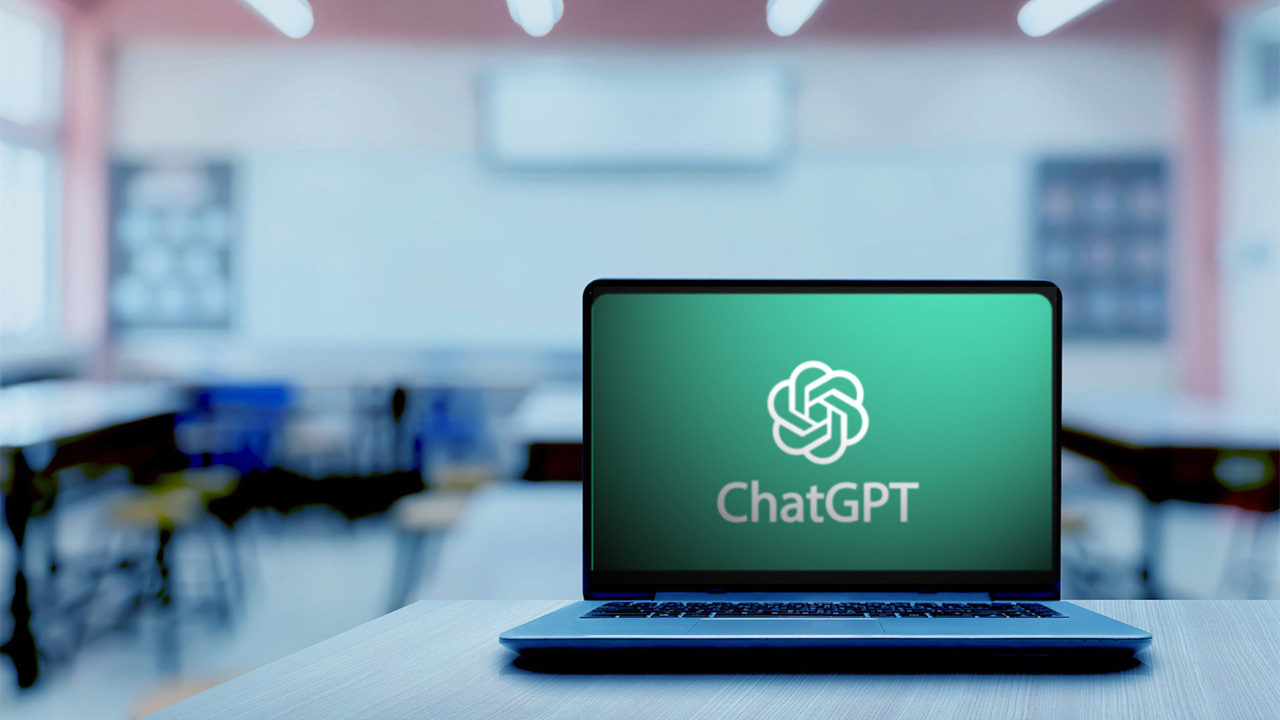As ChatGPT made its public debut in November 2022, the education sector was stirred with a mix of excitement and apprehension. The advent of generative AI technology promised unparalleled efficiency but also posed challenges, particularly in combating academic misconduct. However, educators swiftly adapted, recognizing the potential for AI to enhance rather than undermine student learning.
One notable example of this adaptation is the emergence of NSWEduChat, a virtual tutor tailored for educational use, catering specifically to school-aged children. Unlike many commercially available AI apps, NSWEduChat ensures comprehension by prompting users with questions to verify their understanding of concepts and the reasoning behind answers.
Furthermore, schools have begun integrating ChatGPT into classrooms, allowing students to compare their work with outputs generated by the chatbot. This not only facilitates self-assessment but also encourages critical thinking and reflection among students.
Teachers, too, are reaping the benefits of AI integration. A recent survey revealed that a majority of educators perceive ChatGPT as an effective tool for crafting lesson plans, streamlining instructional processes, and fostering innovative teaching methodologies.
However, the rapid evolution of AI poses a challenge for educational institutions. With advancements like the transition from GPT-3.5 to GPT-4 already presenting significant shifts, the impending arrival of GPT-5 could herald a seismic transformation in AI capabilities.
According to Matt Adney, Chief Product Officer at Education Perfect, AI’s impact on education is poised to be transformative. Adney asserts that if leveraged effectively, generative AI technology holds the potential to revolutionize learning experiences, promoting equity and enhancing educational outcomes.
Government initiatives, such as the Australian Framework for Generative AI in Schools and pilot programs, underscore the seriousness with which AI integration in education is being approached. Adney emphasizes Education Perfect’s commitment to harnessing AI to deliver personalized, adaptive learning experiences, with the aim of fostering equitable access to quality education for all students.
Acknowledging the growing calls for regulatory oversight, Adney stresses the inevitability of students embracing AI technology, regardless of regulatory measures. He emphasizes the importance of thoughtful implementation and supervision, ensuring that AI enhances rather than detracts from the learning process.
Despite concerns, Adney remains optimistic about AI’s potential to address challenges within the Australian education system, particularly regarding wealth polarization. He envisions AI-driven technologies alleviating the burdens on educators, enabling them to focus on higher-order cognitive tasks and personalized student support.
In conclusion, the integration of AI in education represents a paradigm shift with vast potential to reshape learning experiences. While challenges and concerns persist, strategic implementation and responsible oversight can maximize the benefits of AI, fostering inclusive, innovative, and effective educational practices for the benefit of all stakeholders. As the journey towards AI-driven education continues, collaboration between policymakers, educators, and technology developers will be crucial in navigating this transformative landscape.








